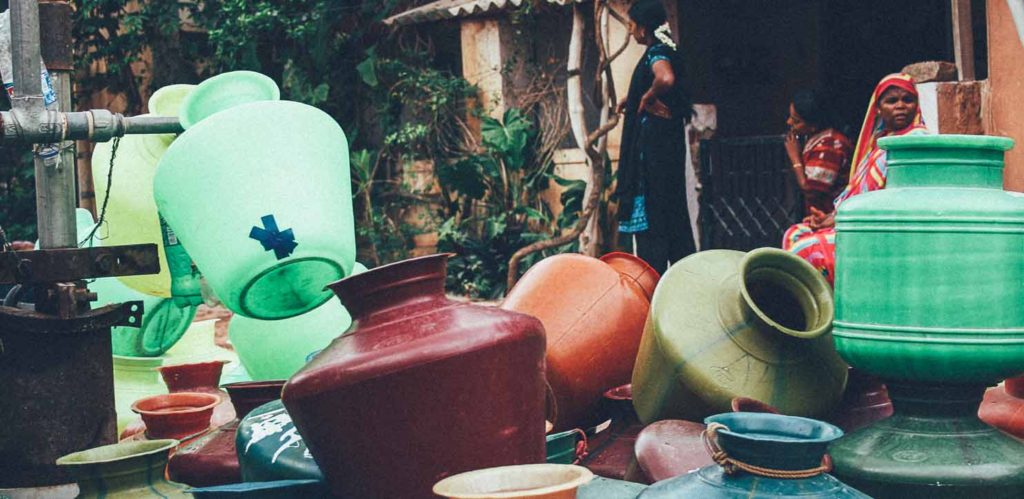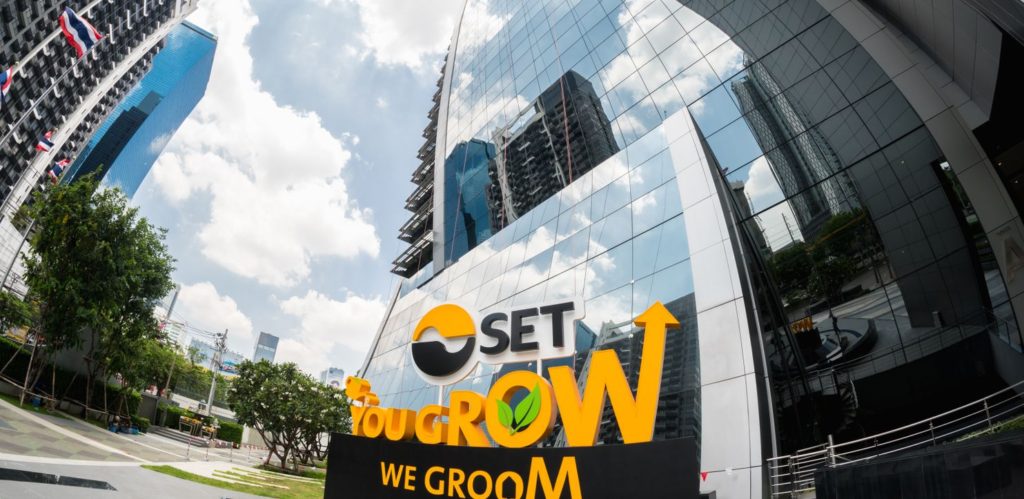Stakeholder Demand for Social Impact Assessment
Many Thai-listed companies are struggling to measure the level of impact that their community development programs are creating. In fact, there is an increasing demand amongst investors for greater accountability in relation to the funds invested in social programmes. Increasingly stakeholders want the evidence that Thai firms are making a difference through their investment.
In a globally competitive environment, companies in Thailand are becoming aware that the narrative reported about community development programs in their sustainability report would not help differentiate them from their peers.
Charity-based CSR programs are still dominant in private sector.
With 94% of Thailand’s population being practicing Buddhists, Thailand is often referred to as “The Land of Buddhism”. Influenced by their traditional Buddhist values, Thai people have crafted the art of giving through their philanthropic activities and engaging in social activities. In 2016, the Charities Aid Foundation (CAF) World Giving
survey showed that 68% of the Thai population are active contributors to local charities. This ratio accounts for the top 5 highest proportion globally. In 2017, Thailand was listed as the top 20 most charitable countries globally.
“Increasingly stakeholders want the evidence
that they are making a difference through their investments.”
It comes as no surprise that donating money to the community is a normal practice in Thai business culture. Fifty of the largest Thai firms have made a substantial investment in the community with common social themes such as economic development, education, basic infrastructure, health and sanitation, environmental conservation, social and cultural promotion and community relations.
At an early stage, community programs initiated by corporations help to offset the negative social and environmental impacts of business activities. It paves the way for Thai companies to operate as ethical and transparent entities. The second stage is led by the concept of corporate shared value. Community programs are perceived to create new markets, improve profitability and strengthen competitive positioning. The third stage implies that companies start to integrate sustainability as a key strategy for their long-term business objectives, helping to elevate their position as a responsible business in an increasingly globalised market.
The majority of Thai companies are still at stage one. Several are progressing to the second stage in response to the demand from stakeholders for evaluating social impact. The outcome of a social impact assessment helps customers and investors make more informed decisions on which companies and brands they should invest in. In fact, brands which are considered ethical are more likely to be purchased by 67.7% of Thai consumers – the second highest ratio amongst 14 surveyed markets in Asia, according to 2016 research. Being known for socially responsible business practices, giving back to the community and partnering with charities, therefore, incentivizes the consumers’ behaviors.
Stock Exchange Thailand is laying the first stone for social impact assessment.
One notable program initiated by the Stock Exchange of Thailand is Impact Echoes which aims to measure the social impact of 22 selective non-profit organizations, social enterprises, and Thai-listed firms. Highlights of this program include optimizing resources from academics, social enterprises and foundations to private sectors to conduct social impact assessments. Students from 11 university partners nationwide will be given intensive training in order to collect data from beneficiaries in the community. Consequently, public awareness about social development will also be improved. By the end of this program, SET wishes to enable impactful social development practice through the formation of an assessment method that can be widely used among social enterprises and companies in Thailand.
What can’t be measured can’t be improved.
Globally, companies in emerging markets are demonstrating a low measurement rate of social impact created by their community development programs. A survey conducted by RobecoSAM in 2017 on 942 of the world’s largest companies showed that 50% of companies in emerging markets have business programs for social needs but only 18% of these companies actively measure the social impact generated from their programs.
RobecoSAM has restricted the definition of community development (or corporate citizenship) programs to those which address a clear societal need through the application of a business model and show clear, measurable benefits to both companies and communities. Donations and charitable contributions programs are not accepted in RobecoSAM’s assessment.
With the assistance of SET in measuring social impact assessment, we can look forward to the initiation of more strategic community development programs for companies in Thailand.

